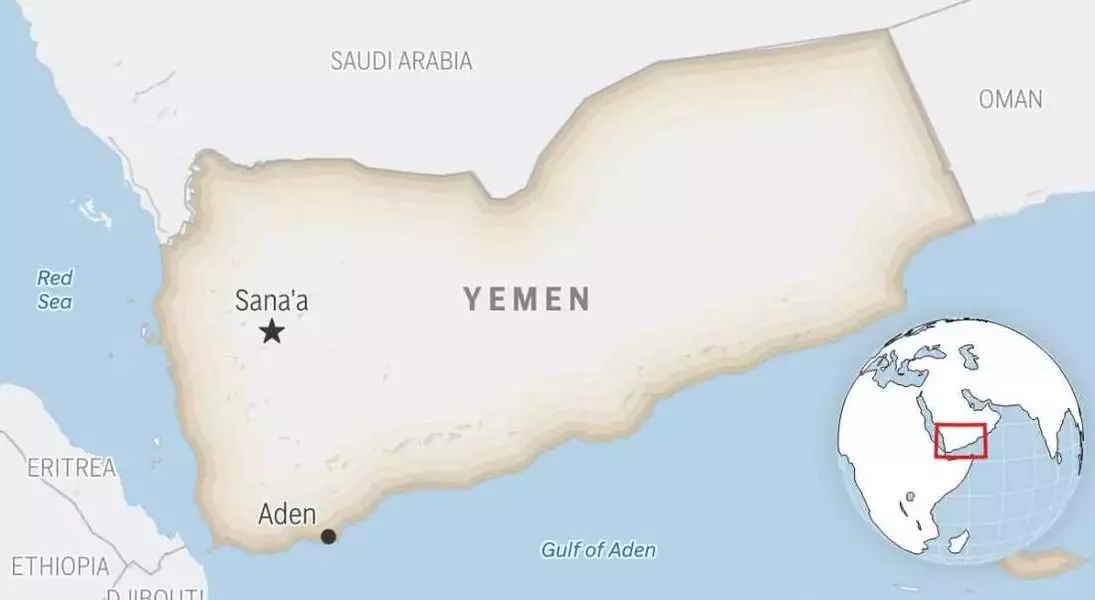
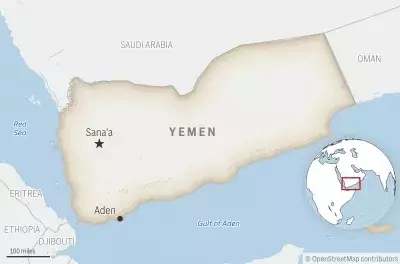
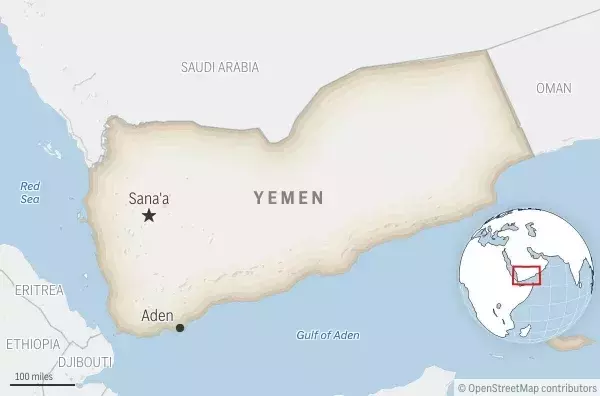
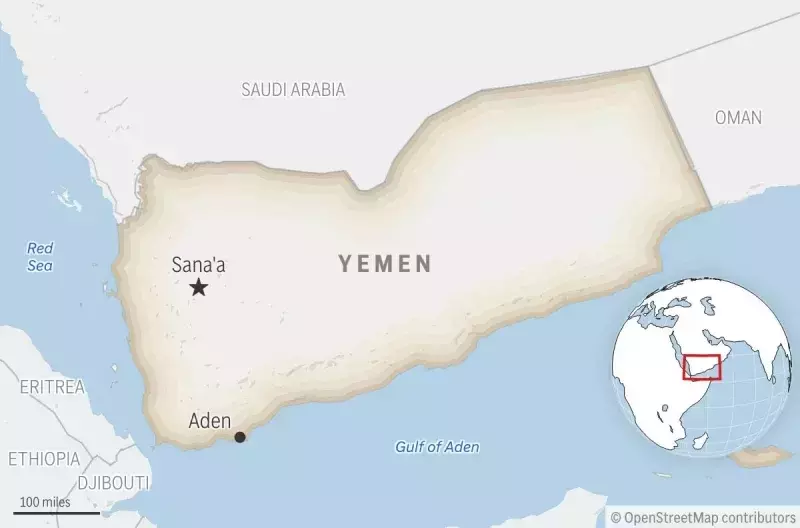
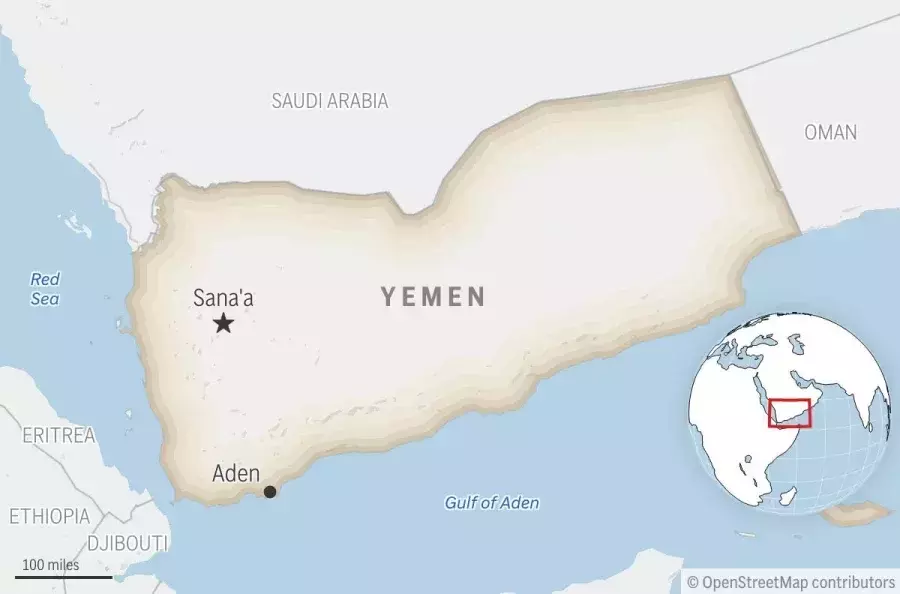
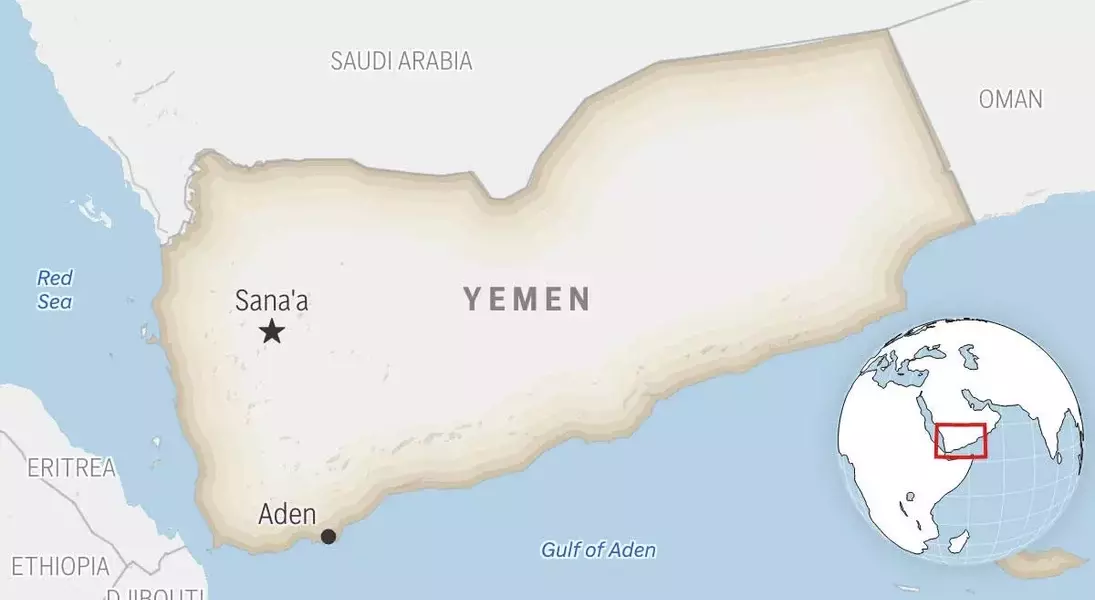
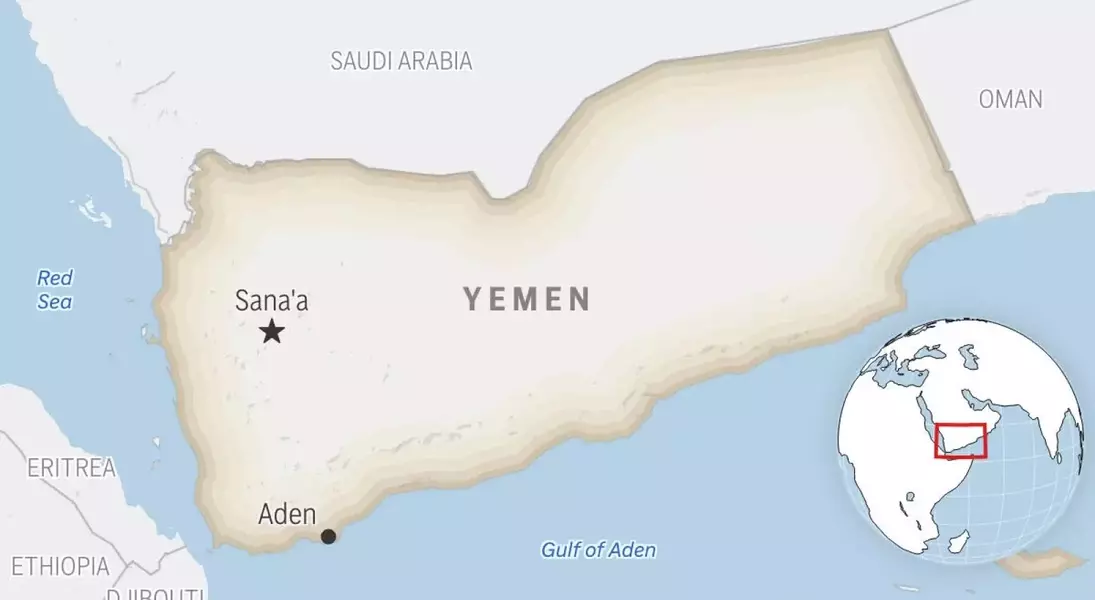
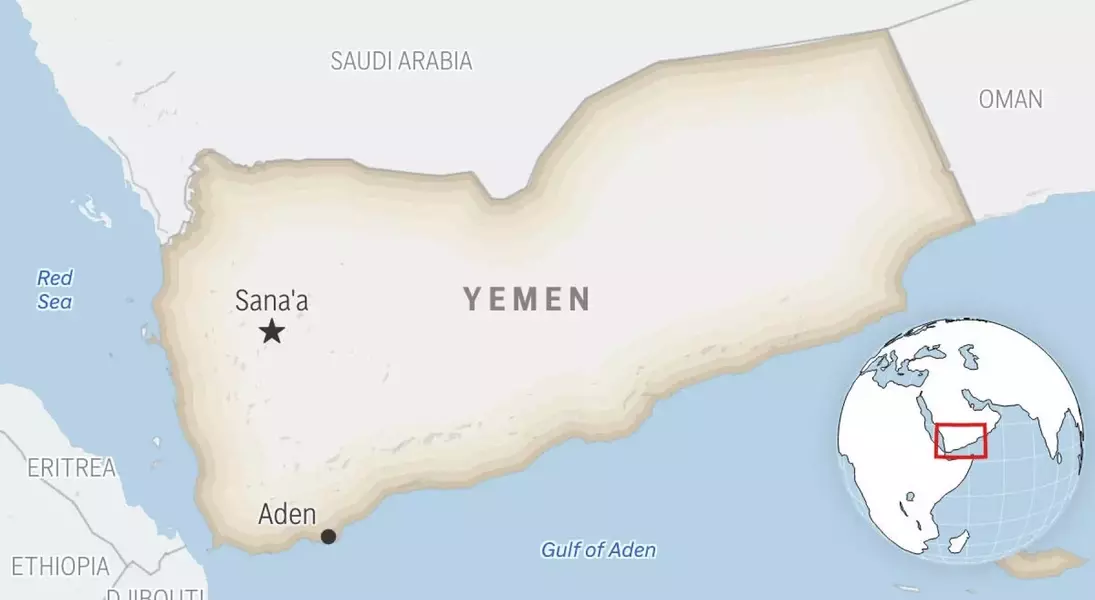
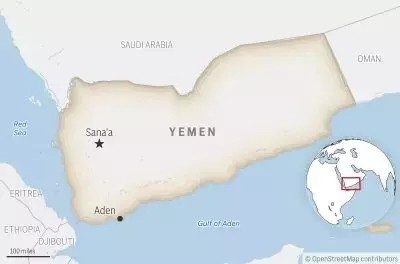
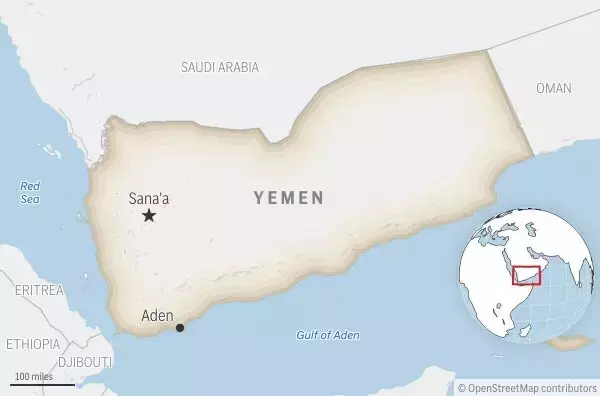
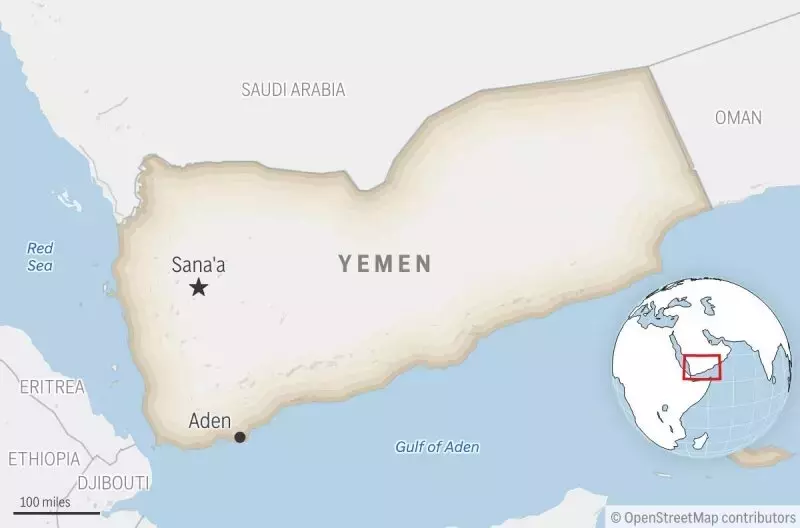
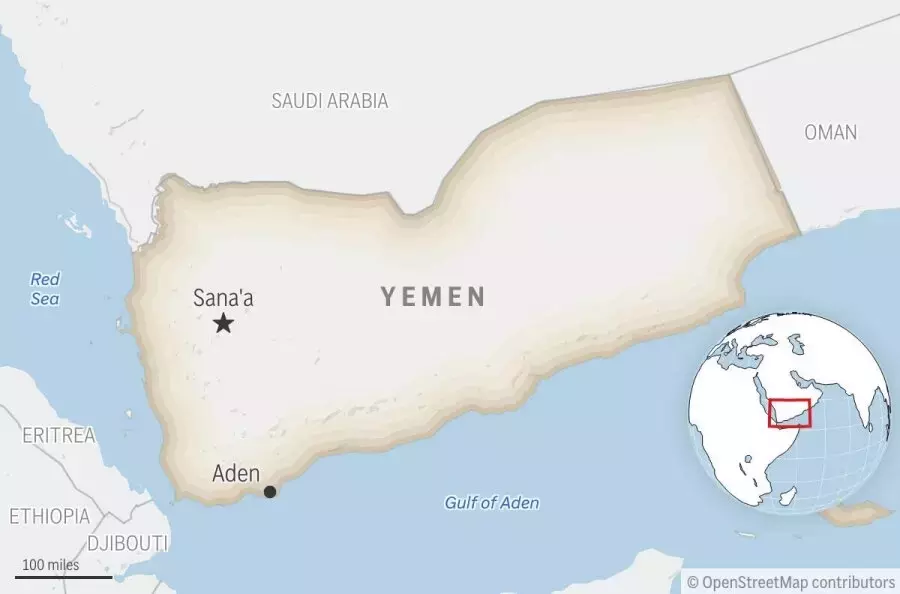
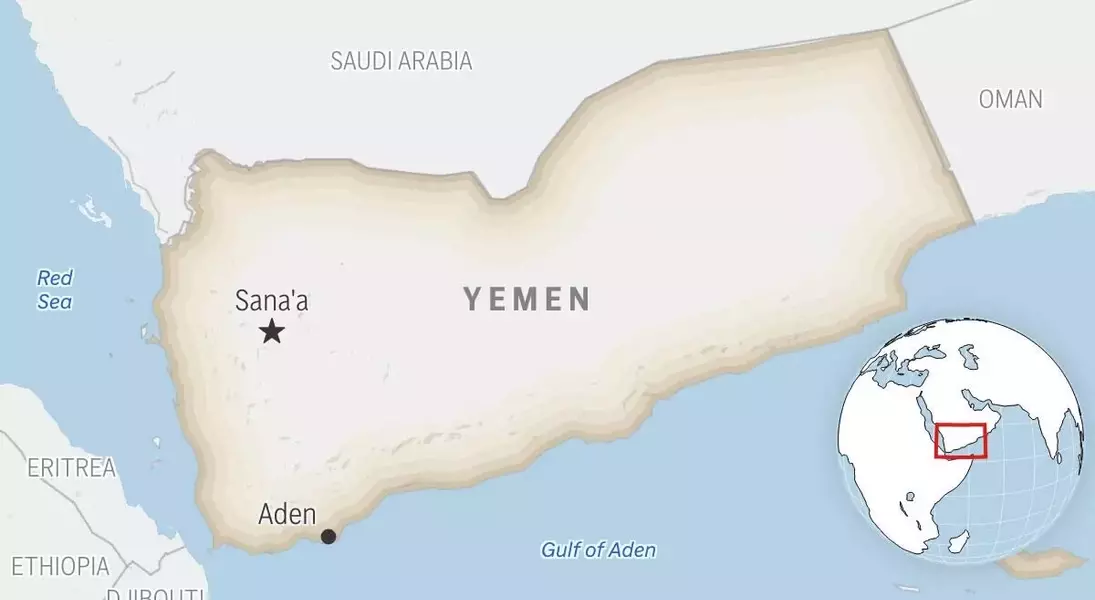
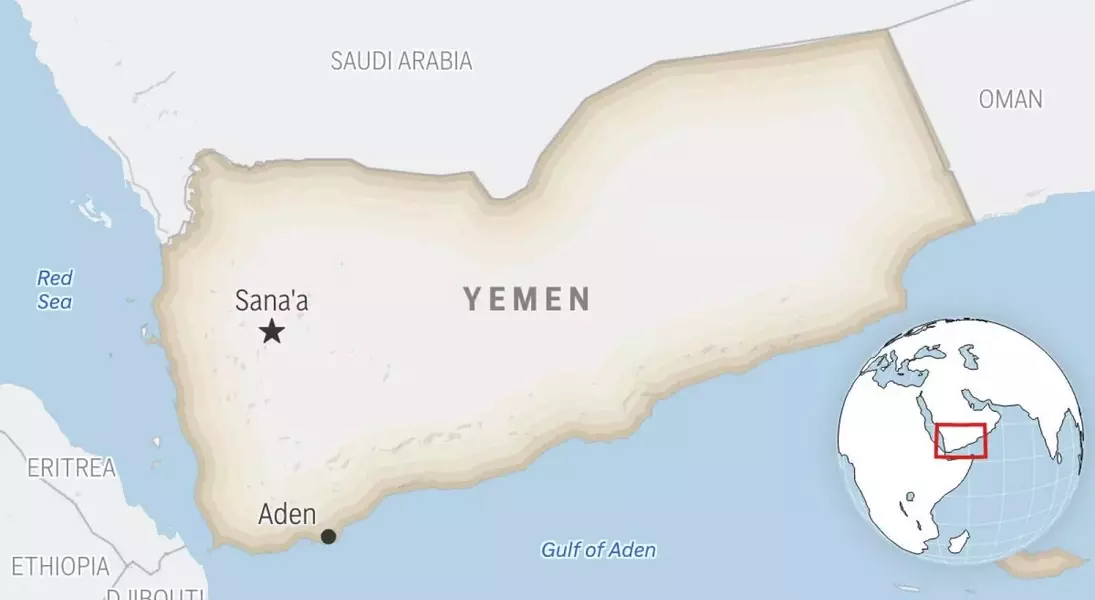
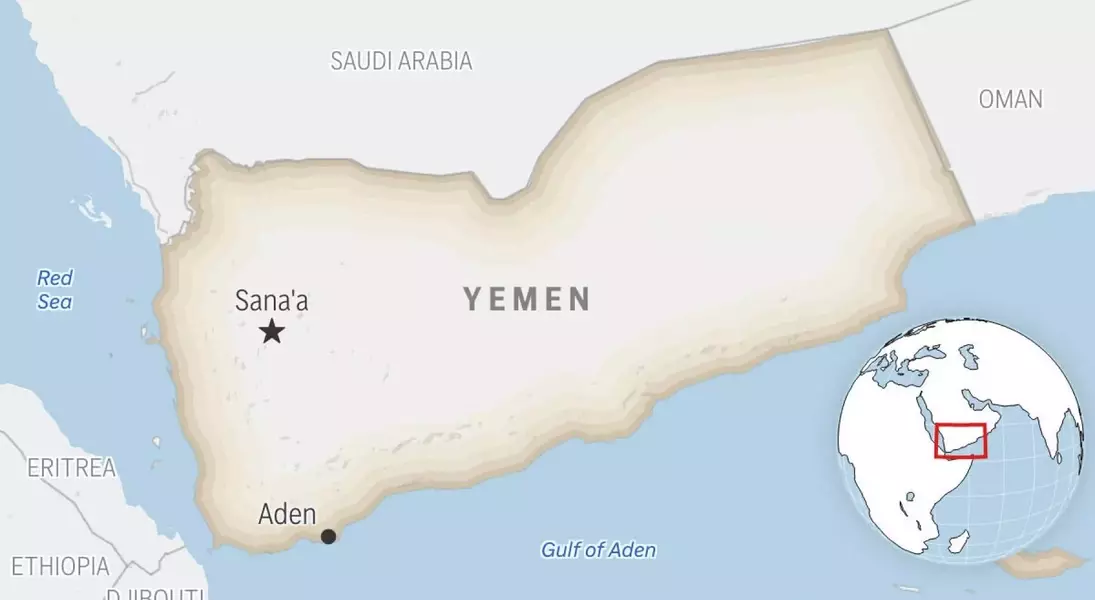


A recent maritime catastrophe off Yemen's coast has brought to light the devastating human cost of migration, as a boat carrying African individuals overturned, resulting in significant fatalities and numerous disappearances. This incident is a stark reminder of the ongoing perils faced by those seeking refuge and improved economic prospects.
The vessel, which departed with 154 Ethiopian migrants on board, met its unfortunate end in the waters of the Gulf of Aden, near Yemen's southern province of Abyan. The International Organization for Migration (IOM) in Yemen confirmed the grim statistics: 68 lives were lost, with their bodies discovered both on the shores of Khanfar and in Zinjibar, the provincial capital. Furthermore, 74 individuals remain missing and are now presumed to have perished, underscoring the immense scale of this tragedy. Only a handful of individuals, precisely 12, managed to survive this harrowing ordeal, clinging to hope amidst the despair.
This heartbreaking event is not an isolated one, but rather the latest in a series of similar disasters in the region. Despite more than a decade of civil conflict, Yemen continues to serve as a critical, albeit dangerous, transit point for migrants from East Africa and the Horn of Africa. These desperate journeys, often arranged by smugglers, involve overcrowded and unsafe boats traversing the treacherous Red Sea or Gulf of Aden, with individuals driven by the aspiration of reaching prosperous Gulf Arab countries for work. The increasing frequency of such shipwrecks, with hundreds reported dead or missing in recent months, highlights the urgent need for safer passage and more robust humanitarian interventions, as the current migration routes continue to exact a terrible toll on human lives.
This tragic loss of life serves as a poignant illustration of the profound desperation that drives individuals to embark on such perilous journeys, seeking the fundamental human rights of safety, stability, and opportunity. It compels us to confront the harsh realities faced by vulnerable populations globally and reinforces the moral imperative for collective action. By fostering international cooperation, strengthening humanitarian aid efforts, and promoting peaceful resolutions to conflicts, we can strive to create a world where no one is forced to risk their life in pursuit of a dignified existence. It is through empathy, collaboration, and unwavering commitment to human dignity that we can turn the tide on such tragedies and build a more just and compassionate world for all.
